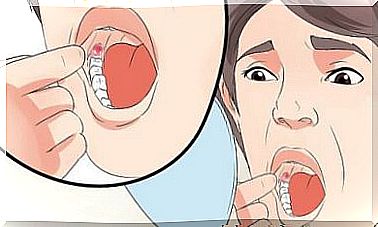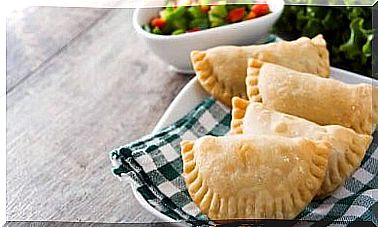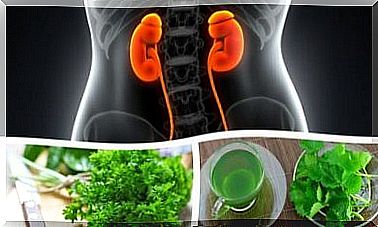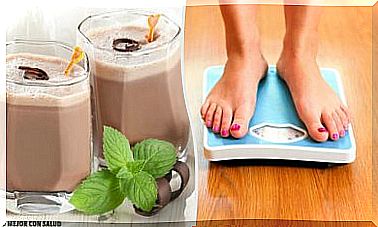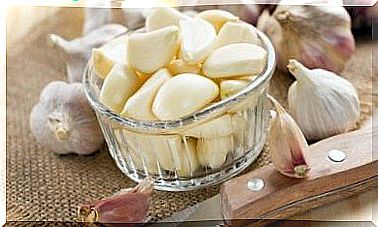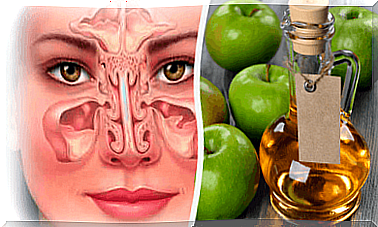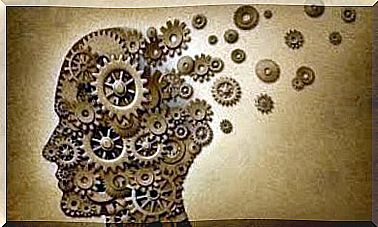Do Calories Turn Into Fat?
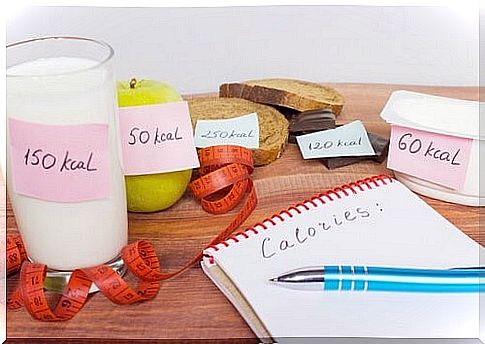
Until a few years ago , weight loss diets were based on the idea that calories are transformed into fat. The energy balance was almost the only parameter that was evaluated.
Today, however, we know that other aspects must also be taken into consideration. The type of food ingested, the main nutrients offered, the response from the hormonal system and the time between meals all have an impact on our body composition.
What are calories and what happens when we ingest too many?
Calories are a unit of measurement used to calculate the amount of energy a food supplies. They provide the body with the fuel it needs to perform vital functions and form tissues.
After digesting the food, the energy contained in it is released and used by the cells. What is not used at the moment is stored for later use:
- The first energy reserve in our body is made up of muscles and the liver. Here it is stored in the form of glycogen.
- Another energy reserve is represented by adipocytes, or fat cells; in this case the unused energy is stored in the form of lipids.
That’s why we say calories turn into fat. When it exceeds the body’s immediate need, excess energy is stored in the form of fat.
A high percentage of adipose tissue is harmful to our health, as it is linked to the onset of metabolic disorders and other diseases.
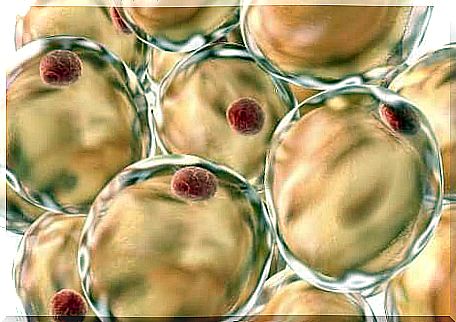
In addition to calories, there are other aspects to consider
Calories are one of the determining factors in the diet, weight loss or not. In fact, the main purpose should be to ensure a balanced consumption. There are, however, other aspects that come into play and influence each other. Here are some of them:
Do calories turn into fat? It also depends on the composition of the food
Calories that come from different macronutrients don’t work in the same way. For example, proteins have a strong satiating power and a greater thermogenic effect than fats or carbohydrates.
On the other hand, depending on how our daily diet is made up, some metabolic pathways are activated instead of others. This also ends up affecting how we burn calories and how they turn into fat.
Final calories that are absorbed
We must take into account that sometimes we do not absorb all the energy contained in a food. There are factors that intervene in this aspect, for example the type of cooking or the state of our intestinal flora.
Hormonal factors
Calories provide energy, but the way we process and use it is regulated by hormones. Any element capable of altering our hormonal system will eventually change this process.
Satiating effect of food
Not all foods are equally satisfying . The predominant nutrient in a meal or how it is cooked will make us feel more or less full.
When the stomach is full, it sends signals to the brain to let it know that we need to stop eating. The total calories ingested should be roughly the same at the end of each meal.
Whether calories turn into fat is also a question of quality
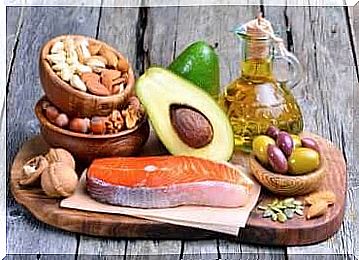
When we prepare to start a weight loss diet or want to gain weight, we tend to focus exclusively on the amount of calories ingested. Although it is a necessary calculation, we cannot forget the quality.
The same amount of calories will not have the same effect on our body whether it comes from one food or another. It is therefore important to evaluate the type of foods we introduce into the diet. Today we know that highly processed foods are directly linked to:
- Increased risk of obesity.
- Hypertension.
- Metabolic disorders.
- High LDL cholesterol.
It is advisable to follow a correct diet in which fresh and lightly processed foods prevail, such as fruit, legumes, vegetables, whole grains, eggs, etc. Ready meals, snacks, biscuits or snacks should instead represent an exception to the rule.
If we base our diet on simpler and healthier foods, their impact on the metabolism, the feeling of satiety and the thermal effect will be much more balanced. That way, the extra calories won’t turn into fat as easily. In the long run, it will be good for our health.
A calorie deficit is also unhealthy
So far we have seen how excess calories sometimes turn into fat, which can be harmful. Even so, reducing your calorie intake too much is just as bad. This usually happens when we fear that we are storing too many calories.
An insufficient supply of energy also means a lack of nutrients that our body needs to carry out all functions and form tissues. We refer to vitamins, minerals and proteins. This causes mood disturbances, lack of concentration or energy, among others.
Contrary to what one might expect, it can produce weight and fat gain in the long run . This is because the body becomes very thrifty in the face of food shortages. Not detecting the entry of food, he becomes reluctant to dispose of the accumulated fat and prefers to maintain some energy reserves.
Calories turn into fat, but more factors come into play
We should stop thinking about diet only in terms of calories and start thinking about the quality of the food we eat, its nutritional composition and how we cook and eat it.
Finally, we must take into account all those aspects that affect our hormonal system, such as exercise, sleep and stress, factors that influence the way the body processes and stores calories.
